What Would Tesla Do? Rethinking Technology, Connectivity, and the Cost to Our Skies
In our rapidly advancing digital age, we often marvel at innovation while ignoring the hidden costs. A recent global outage of SpaceX's satellite internet service has reminded us of this inconvenient truth. It left many asking: are we sacrificing the purity of our skies and the health of our planet for technology that isn’t even consistently reliable?
To truly understand where we are going, we must ask: What would Nikola Tesla do?
Tesla's Vision: Free Energy and Global Harmony
Nikola Tesla envisioned a world where wireless energy powered the planet, where nature and technology coexisted in harmony. He dreamed of technologies that enhanced human life without polluting it. Tesla believed in clean energy, decentralised systems, and the ethical use of science.
Today, with thousands of satellites orbiting Earth and the promise of global connectivity, we appear to be realising parts of his dream. But the execution leaves much to be desired. Instead of free, sustainable energy, we have sprawling satellite networks, increasing digital dependency, and growing environmental risks.
The Reliability Problem
SpaceX’s Starlink promises high-speed internet to remote regions through a constellation of low-Earth orbit satellites. But its recent outage revealed a critical flaw: fragility. In a moment, millions lost connectivity, proving that even the most advanced technologies are not immune to failure.
Tesla believed in resilience. He sought systems that could operate independently of centralised failure points. Would he approve of today’s vulnerable satellite networks?
Environmental and Ethical Costs
Thousands of satellites aren’t just cluttering the night sky; they’re contributing to atmospheric pollution, light pollution, and the risk of space debris. As these satellites re-enter the atmosphere, they release metallic particles that could impact the ozone layer and climate.
Tesla, a pioneer of environmental awareness in science, likely wouldn’t endorse solutions that damage our skies or obscure the stars. His reverence for nature would demand we ask: at what cost does progress come?
Beyond Convenience: Rethinking Tech Priorities
We live in an era of constant connectivity, often mistaking availability for advancement. But outages, digital burnout, privacy erosion, and environmental tolls suggest we’ve overstepped.
Tesla would urge us to design technology that respects the rhythms of nature and supports human well-being. He would challenge us to pursue innovation that is:
-
Open-source and decentralised
-
Sustainable in materials and energy
-
Reliable without environmental trade-offs
-
Equitable and accessible
Conscious Tech for a Conscious Future
As we race toward greater connectivity, we must also slow down to assess impact. A sky full of satellites may offer convenience but risks disconnecting us from the natural world and Tesla’s deeper legacy: innovation with integrity.
So, what would Tesla do? He would question the rush, respect the Earth, and invent anew—choosing technology that uplifts without destroying. Perhaps it’s time we follow suit.
References:
-
Starlink Outage Coverage: https://www.reuters.com/technology/spacexs-starlink-down-thousands-users-globally-2024-07-10/
-
ESA: Environmental Impact of Satellite Re-entry: https://www.esa.int/Space_Safety/Satellite_re-entry_environmental_concerns
-
Scientific American: Light Pollution from Satellite Constellations: https://www.scientificamerican.com/article/mega-constellations-of-satellites-could-wreck-the-night-sky/
-
Tesla's Vision of Free Energy: "The Problem of Increasing Human Energy" by Nikola Tesla, 1900



